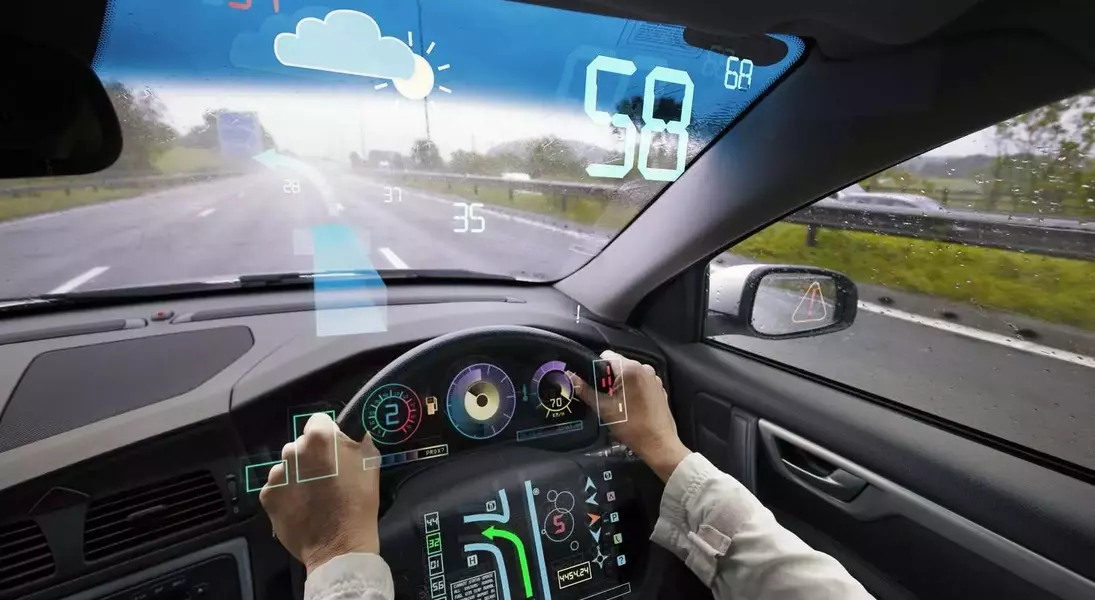The automotive industry is on the cusp of a transformative shift, as blockchain technology emerges as a game-changer in the way cars are manufactured, driven, and maintained. From enhancing supply chain transparency to enabling seamless payments and improving vehicle safety, the integration of blockchain is poised to redefine the driving experience for both consumers and industry players. Explore the multifaceted ways in which this innovative technology is set to reshape the automotive landscape.
Unlocking the Potential of Blockchain in the Automotive Realm
Blockchain and Automotive Manufacturing: Ensuring Quality and Traceability
The automotive industry has long grappled with the challenge of supply chain transparency, as parts and components are sourced from around the globe. Blockchain technology offers a solution, providing a secure and immutable record of every step in the manufacturing process. Automakers can now verify that approved procedures have been followed and that the quality of parts meets their stringent standards. This enhanced transparency not only boosts consumer confidence but also streamlines the manufacturing process, reducing the risk of defects and recalls.Imagine a scenario where every component in a vehicle can be traced back to its original source, with a tamper-proof digital record of its journey. This level of traceability empowers automakers to quickly identify and address any issues, while also giving consumers the peace of mind that their car is built with the utmost care and attention to detail.Blockchain-Powered Vehicle-to-Vehicle Communication: Enhancing Road Safety
As the automotive industry embraces the era of connected and autonomous vehicles, blockchain technology emerges as a crucial enabler. By facilitating seamless communication between cars, blockchain can create a decentralized network that shares real-time data on road conditions, traffic patterns, and even accident alerts.Picture a busy urban highway, where thousands of vehicles are constantly exchanging information. When an accident occurs, the sensors in the affected cars instantly transmit a signal to the surrounding vehicles, triggering automatic slow-down mechanisms and alerting emergency services. This rapid dissemination of critical data can significantly improve response times, reduce the risk of secondary collisions, and ultimately enhance the safety of all drivers and passengers on the road.Blockchain and Car Insurance: Revolutionizing the Pricing Model
The traditional car insurance model, based on broad demographic factors and estimates, often results in drivers paying for coverage they may not need. Blockchain-powered usage-based insurance (UBI) offers a more personalized and equitable solution, where premiums are calculated based on actual driving behavior.Through a blockchain-enabled UBI system, drivers can contribute their driving data to a public insurance blockchain. Insurers can then use this information to accurately assess individual risk profiles and adjust premiums accordingly. This not only empowers drivers to take control of their insurance costs but also incentivizes safer driving habits, as good behavior is directly rewarded.Blockchain and Automotive Payments: Streamlining the Driving Experience
Blockchain technology has the potential to revolutionize the way drivers interact with the various payment systems they encounter on the road. From automated toll payments to seamless fueling or charging transactions, blockchain-powered smart contracts can eliminate the need for manual interventions, creating a frictionless driving experience.Imagine driving through a toll booth without the hassle of stopping to pay. The blockchain network would automatically deduct the appropriate fee from your digital wallet as you pass through, without any interruption to your journey. Similarly, when you pull up to a gas station or electric vehicle charging station, the system would verify your balance and complete the transaction, allowing you to simply drive away.Blockchain and Vehicle Histories: Ensuring Transparency and Trust
The purchase of a used vehicle is often fraught with uncertainty, as buyers struggle to verify the accuracy of a car's maintenance records, accident history, and ownership details. Blockchain technology offers a solution by creating an immutable and transparent record of a vehicle's lifecycle, from its initial manufacture to its current state.By leveraging blockchain, prospective buyers can access a comprehensive and tamper-proof history of a vehicle, giving them the confidence to make informed purchasing decisions. This increased transparency not only protects consumers from unscrupulous practices but also incentivizes automakers and dealers to maintain the highest standards of vehicle care and documentation.Blockchain and Autonomous Vehicles: Paving the Way for a Driverless Future
As the development of autonomous vehicles continues to advance, blockchain technology emerges as a crucial enabler. By providing a secure and decentralized platform for the exchange of data, blockchain can help overcome the challenges faced by driverless cars, such as reliable location tracking, real-time decision-making, and seamless communication with surrounding vehicles and infrastructure.Imagine a future where autonomous vehicles seamlessly navigate through city streets, constantly sharing data with each other and the surrounding infrastructure. This blockchain-powered network would allow for the rapid dissemination of critical information, such as road conditions, traffic patterns, and potential hazards, enabling driverless cars to make informed decisions and ensure the safety of all road users.
